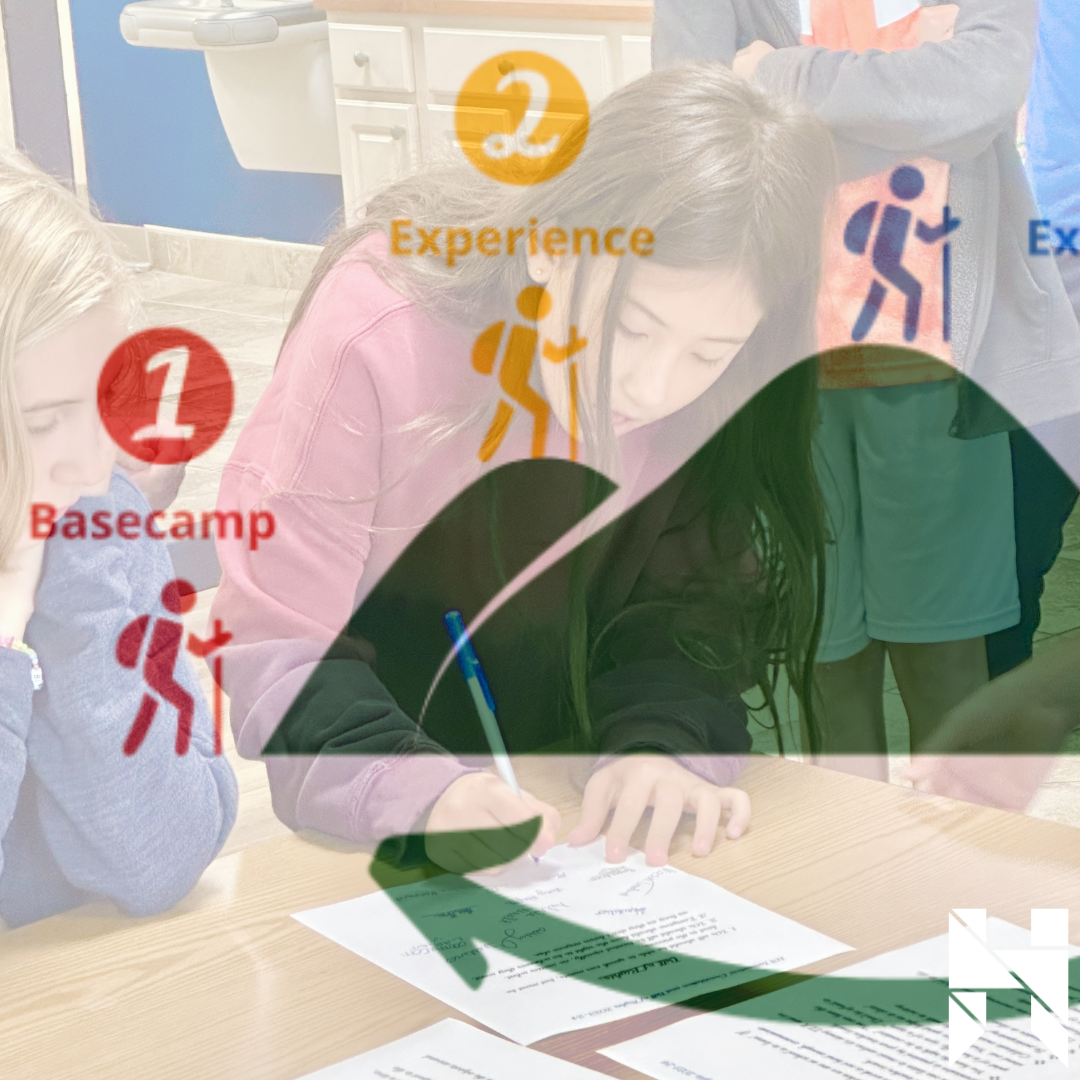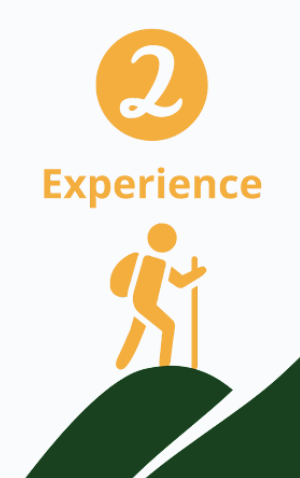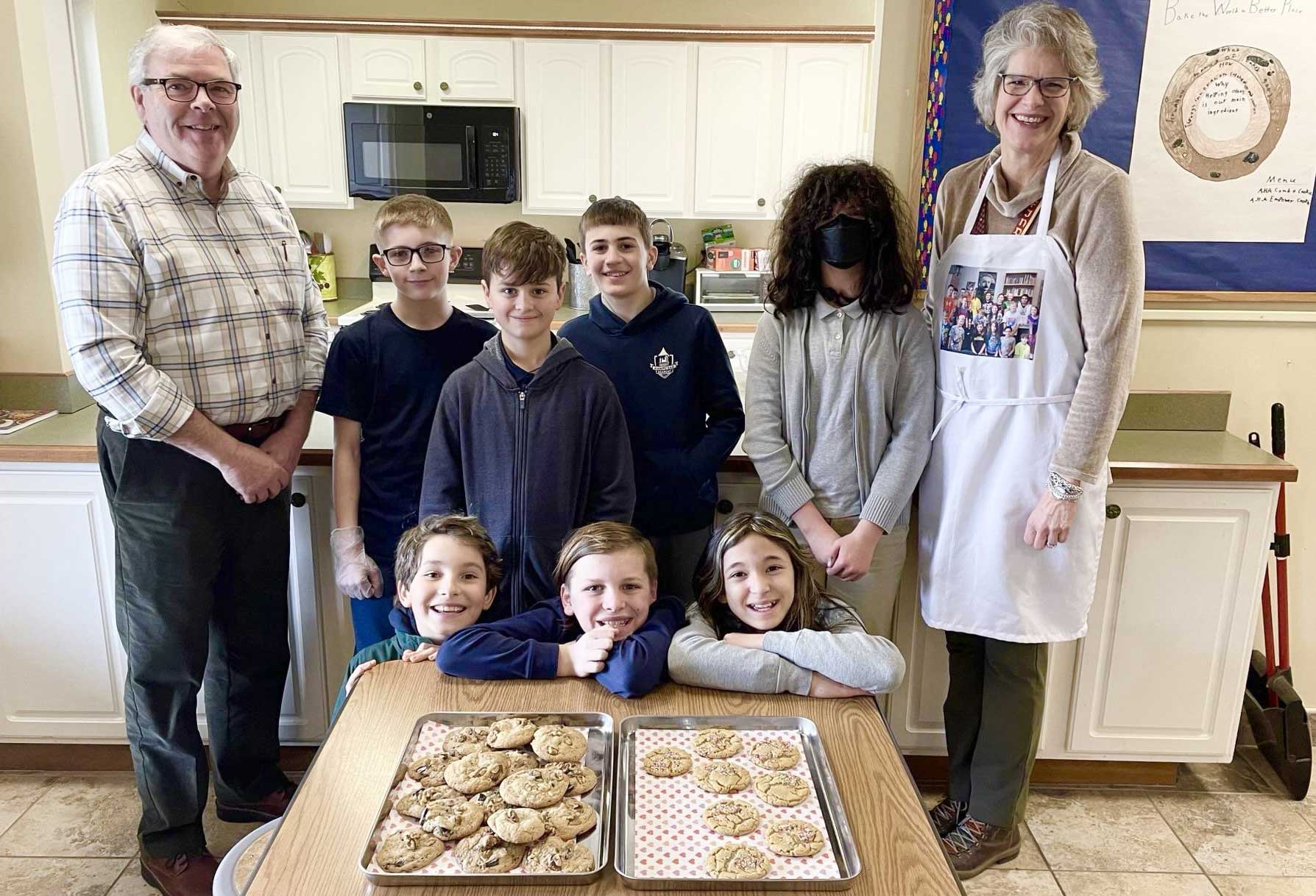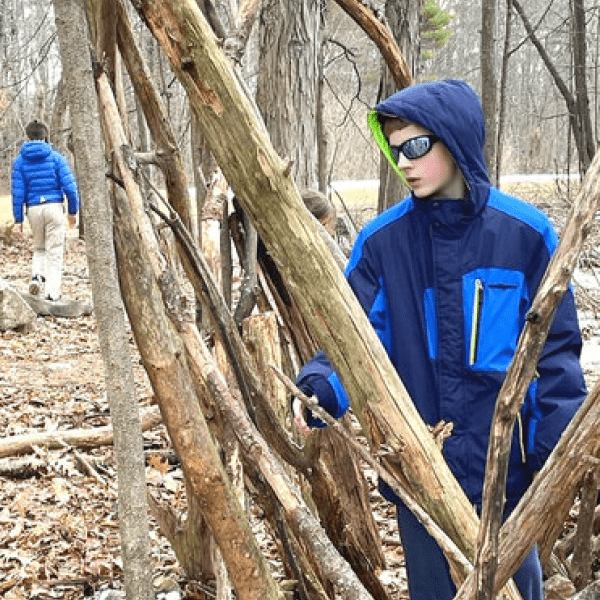
UNDERSTANDING THE IMPACT JOURNEY – #2 EXPERIENCE
DEC 21st, 2023 • 3 MIN READ
What is Experience?
The Second Step in the IMPACT Learning Journey
In part two of this four-part series, we examine the Experience stage of the IMPACT Learning Journey and its role in the holistic learning experience of your student at Hampstead Academy.
"I hear and I forget. I see and I remember. I do and I understand." - Confucius
Experiential learning is a huge part of student development at Hampstead Academy and the second step in the IMPACT Learning Journey. The emphasis placed on hands-on experiences, active participation, and reflection is what truly sets our academic process and the results we achieve apart from so many other schools.
Our students and their families have found that experiential learning provides great value in that it deeply engages learners, fosters a range of skills and attitudes, and enhances understanding far more than traditional classroom instruction.
Key elements of experiential learning include:
Active Engagement. Experiential learning encourages active participation. Instead of passive listening or reading, learners actively interact with the subject matter. This engagement helps improve comprehension and retention of concepts.
Real-world Application. Experiential learning bridges the gap between theoretical learning and real-world application. Learners can see how concepts work in practice, making the learning experience more relevant and meaningful.
Problem-Solving Skills. When engaging in experiential learning, learners often encounter challenges and problems that require critical thinking and problem-solving. This hones their ability to analyze situations, think creatively, and develop practical solutions.
Skills Development. Experiential learning allows learners to develop practical skills that are transferable to various contexts. These skills can include communication, teamwork, leadership, decision-making, and time management.
Deeper Understanding. Through direct experience, learners gain a deeper understanding of the subject matter. They can explore nuances, complexities, and intricacies that might not be apparent through traditional learning methods.
Emotional Connection. Experiential learning elicits emotions and personal connections to the content. This emotional engagement can enhance memory retention and the overall learning experience.
Joy of Learning. Experiencing success or overcoming challenges during hands-on projects can spark a sense of accomplishment and satisfaction. This positive reinforcement fosters a genuine joy for learning.
Increased Motivation. Learners are often more motivated to engage with subjects that have practical relevance and personal meaning. Experiential learning taps into this intrinsic motivation.
Preparation for Real Life. Even though our students are young, experiential learning prepares them to handle real-life situations by building confidence in applying knowledge and skills in practical scenarios.
Reflection and Feedback. Experiential learning encourages learners to reflect on their experiences, analyze outcomes, and learn from both successes and failures. This reflective practice enhances self-awareness and continuous improvement.
Holistic Learning. Experiential learning can integrate multiple disciplines and skills, promoting a holistic understanding of complex topics that require interdisciplinary knowledge.
Long-lasting Impact. The memorable experiences gained through experiential learning tend to stick with learners over time. This can have a lasting impact on development.
Experiential learning enriches education by providing learners with immersive, practical experiences that lead to deeper understanding, skill development, and personal growth. Through active engagement and real-world application, students unleash the true joy of learning and become better equipped to tackle challenges in their educational journey and beyond.
Here’s how experiential learning addresses the social-emotional needs of students in our post-pandemic world and what the Experience aspect of the IMPACT Learning Journey looks like in a recent Classroom Constitution Project as described by Upper Classroom Teacher and IMPACT Learning Coach, Rebecca Cummings.











